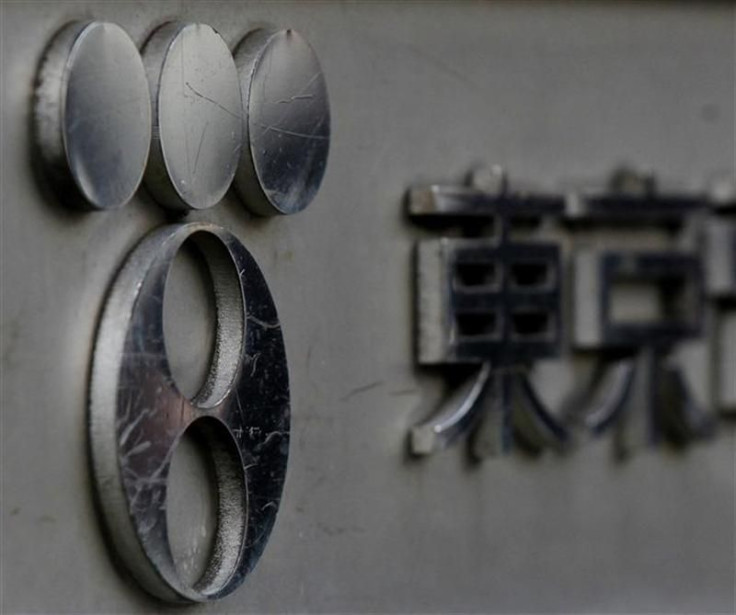Fukushima Residents Anxious As Power Outage Hits Nuclear Plant Affecting Cooling Systems

Four fuel storage pools at Japan’s Fukushima nuclear plant remain deprived of fresh cooling water for several hours due to a power outage that hit the facility Monday.
A statement from plant operator Tokyo Electric Power Company (TEPCO) said the cause of the power failure, which began at 18:57 p.m. local time Monday (09:57 GMT), was still being assessed and that repair work was underway of a broken switchboard that might have caused the problem, news agencies reported.
TEPCO said pool temperatures at the plant were well within the safety limits and the pools wouldn't pose danger for at least four days without fresh cooling water, the Associated Press reported.
The utility was preparing a backup system in case the repairs didn’t fix the problem, TEPCO official Masayuki Ono was quoted as saying by the AP.
“If worse comes to worst, we have a backup water injection system,” Ono said.
The operators said the temperature in the hottest fuel pool, at Unit 4, was 30.5 degrees Celsius as of Tuesday morning and well below the safety limit of 65 degrees.
Two other pools had lower temperatures and would take even longer to reach the safety limit, the spokesman said. Another common storage pool was also affected, Japan's NHK reported.
The pools are where the spent fuel from the reactor is stored and where its high temperatures are brought down. If fresh water is not replaced in the cooling system of the pools for long periods, the water temperatures will start rising and could lead to loss of water when it reaches boiling point.
Prolonged loss of water could lead to the spent fuel rods coming in contact with air, which poses a potential threat of radiation.
The earthquake and tsunami that occurred Mar. 11, 2011 had destroyed the plant's power and cooling systems, causing three reactor cores to melt and fuel storage pools to overheat. The plant has since been operating using provisional systems.
Fukushima Prefecture residents expressed anxiety over the power failure and the subsequent glitch in the cooling systems, Japan’s Kyodo news agency reported.
A 27-year-old woman in the city of Fukushima told Kyodo, “I am very worried because I have a baby. I want the information to be disclosed as quickly as possible because it will be difficult to evacuate promptly if (an emergency occurs) at night.”
The news of the outage was made public three hours after it occurred Monday evening.
© Copyright IBTimes 2024. All rights reserved.





















